'Western leaders use their tongue, we use our brain': Sergei Lavrov
Foreign Minister Sergei Lavrov of Russia has rejected criticism by Western politicians and mainstream media targeting the BRICS group of emerging economies.
Lavrov, who was giving an interview to Russian media on Sunday, said the BRICS leaders were dealing with real issues.
“BRICS used to be regarded as an association that influences nothing. Nowadays, dozens of countries are willing to join it. What does this mean?”
“This means that they use their tongue, while we use our brain, performing concrete deeds.”
The 2023 BRICS Summit was held in Johannesburg on August 22-24. As part of the event, heads of state and government from the Global South countries held their largest meeting in recent years. Leaders from 54 African countries were invited.
Addressing the 15th BRICS Summit, South African President Cyril Ramaphosa announced that the member states had agreed to admit Iran, Argentina, Egypt, Ethiopia, the United Arab Emirates and Saudi Arabia as new members from January 1, 2024.
The Russian foreign minister said becoming an alternative to the G20 had never been an ultimate goal of the emerging bloc.
“I don't think it is necessary at the moment, we don't have that as a goal. Addressing today's meeting of BRICS members with partners, President Putin specifically emphasized that we do not want to infringe on anyone. We just want to be free from interference in developing projects that are mutually beneficial and that are not directed against anyone.”
“Of course, the position of the already expanded BRICS in the G20 will be strengthened. Because Saudi Arabia and Argentina are already there. So the formal division of the G20 into the G7 plus and BRICS plus is now taking on practical features. We will certainly coordinate our approaches with the new members both in the UN and in the G20.”
Experts see BRICS as a viable counterweight to the G7, a powerful US-led political forum that also includes Canada, France, Germany, Italy, Japan, and Britain.
The BRICS member states represent virtually 40% of the global population and a quarter of the world’s gross domestic product (GDP).
Hamas condemns Israeli evacuation order of Indonesian Hospital
VIDEO | Yemen resistance remains resolute
'Easy target': Yemen warns 4th US carrier within reach
Iran military awarded $40 mln worth of vessel building contracts
‘These kids need to be killed’: Shocking details of Israeli brutalities in Gaza
Yemen faces ‘highest burden’ of cholera globally: WHO
Settlement expansion proves Israel cannot be trusted for any peace deal: Hamas
VIDEO | Press TV's news headlines


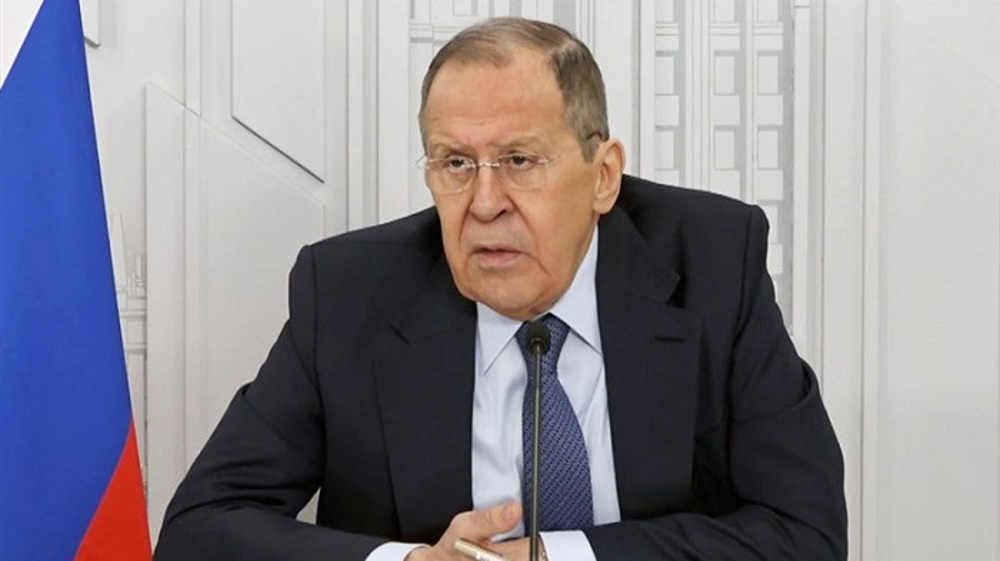
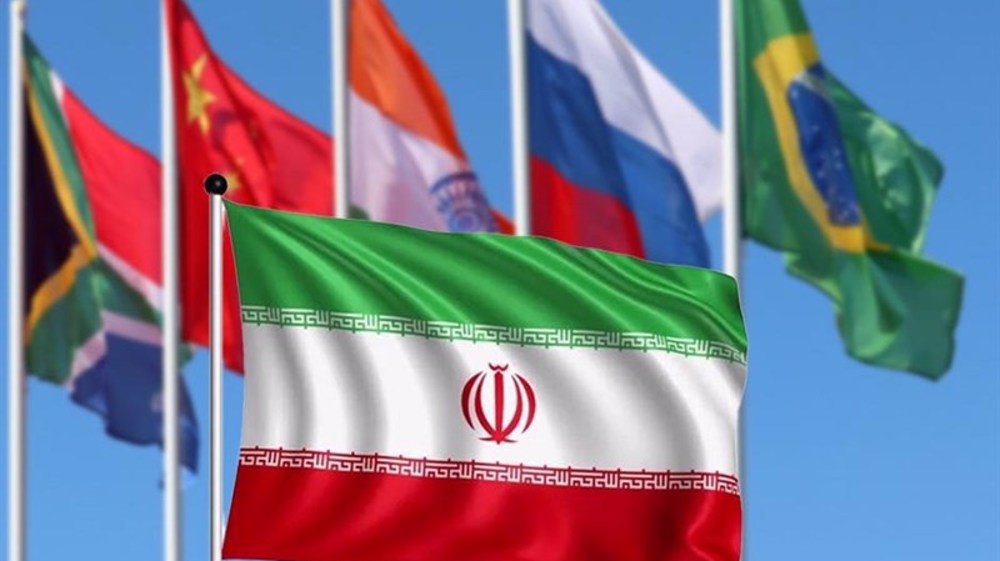






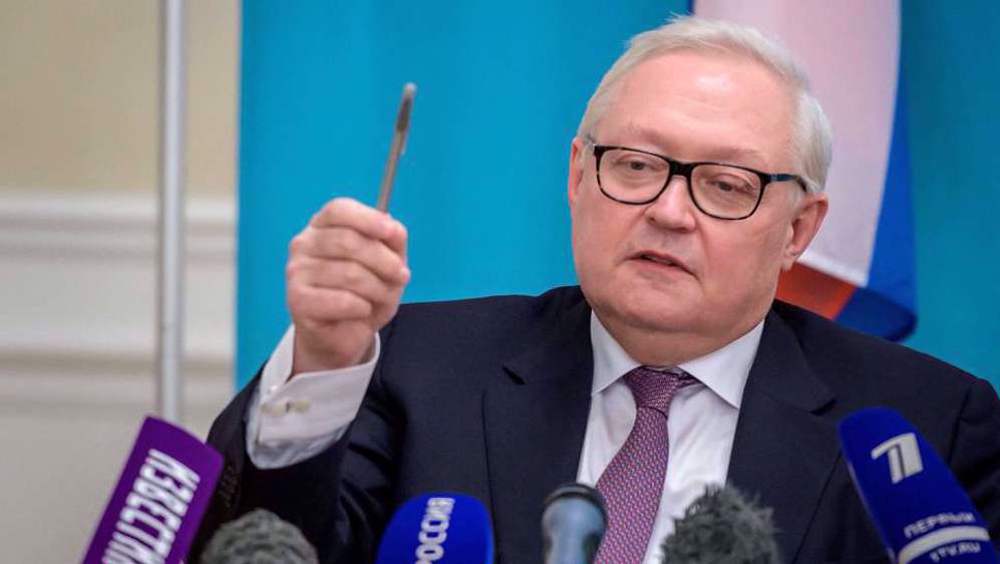
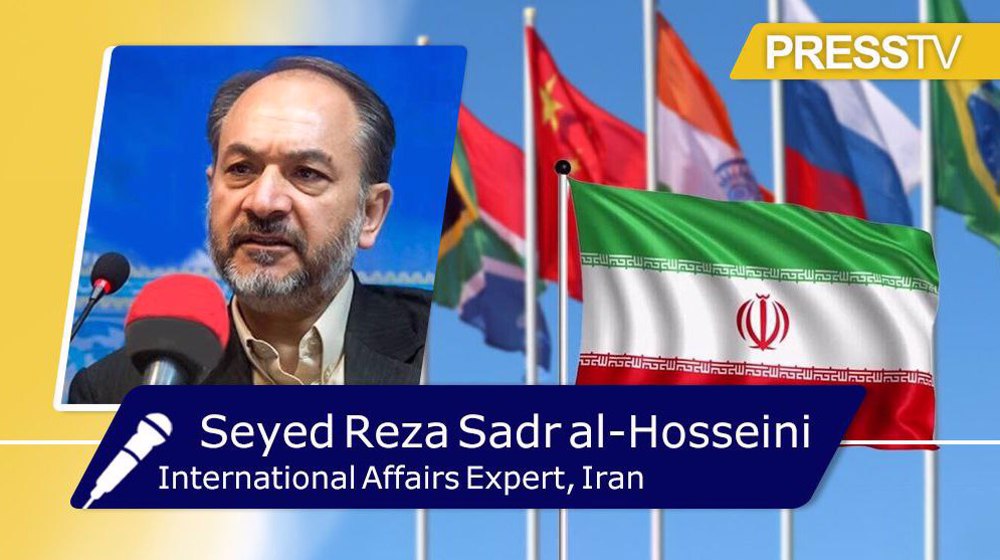
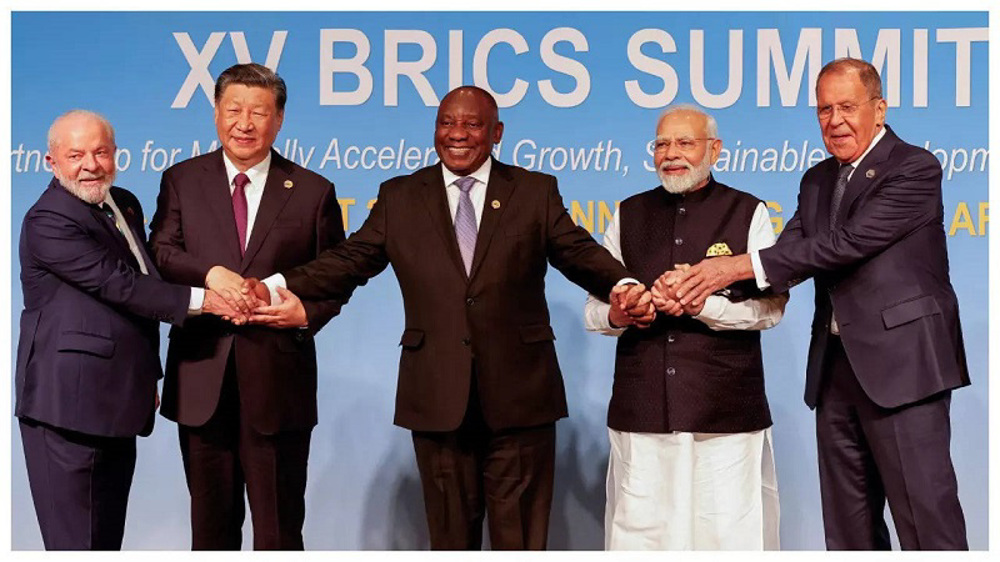
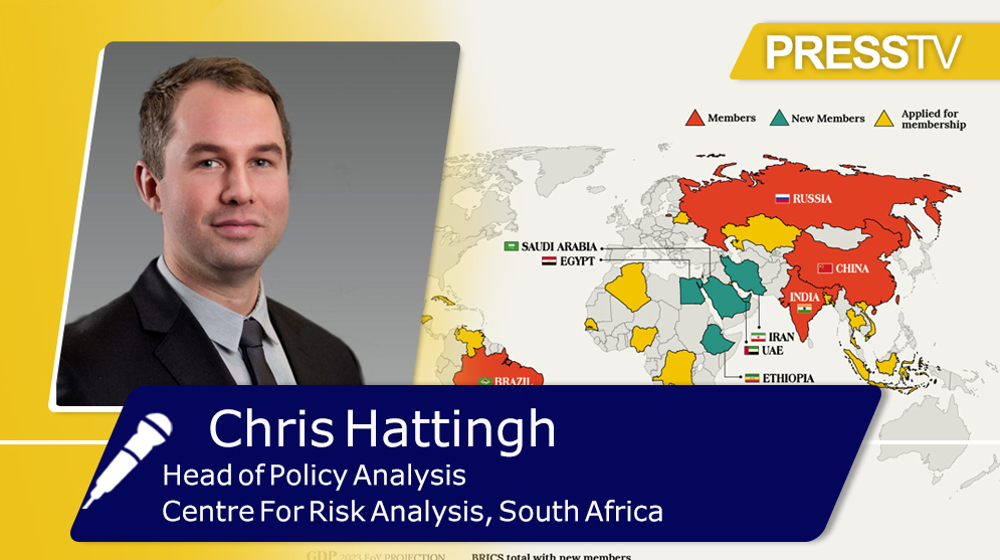
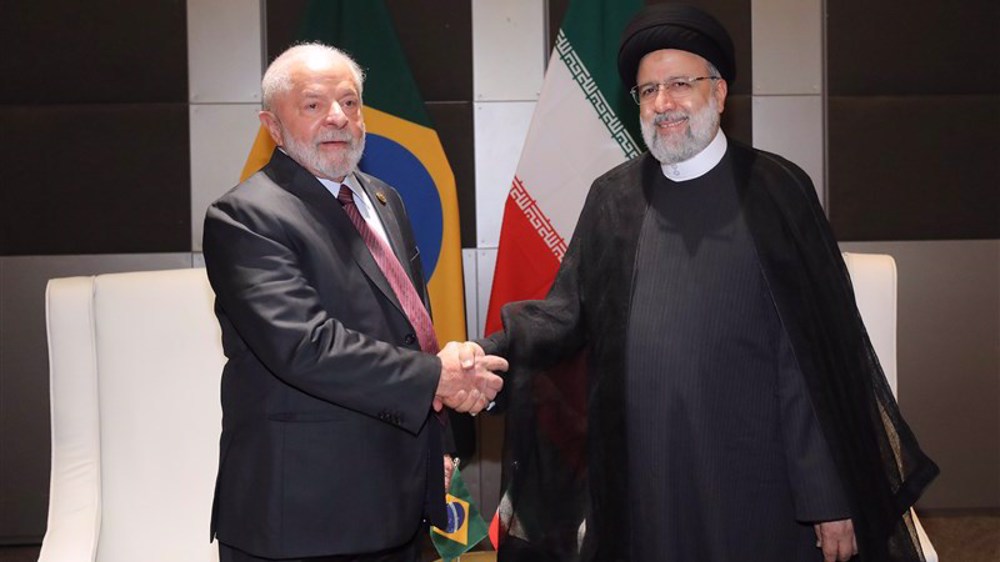
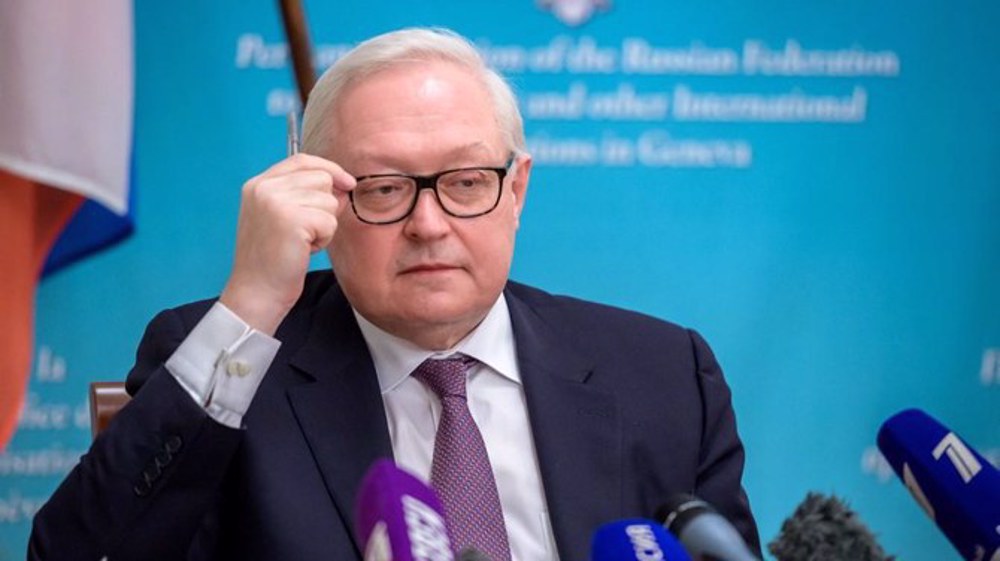
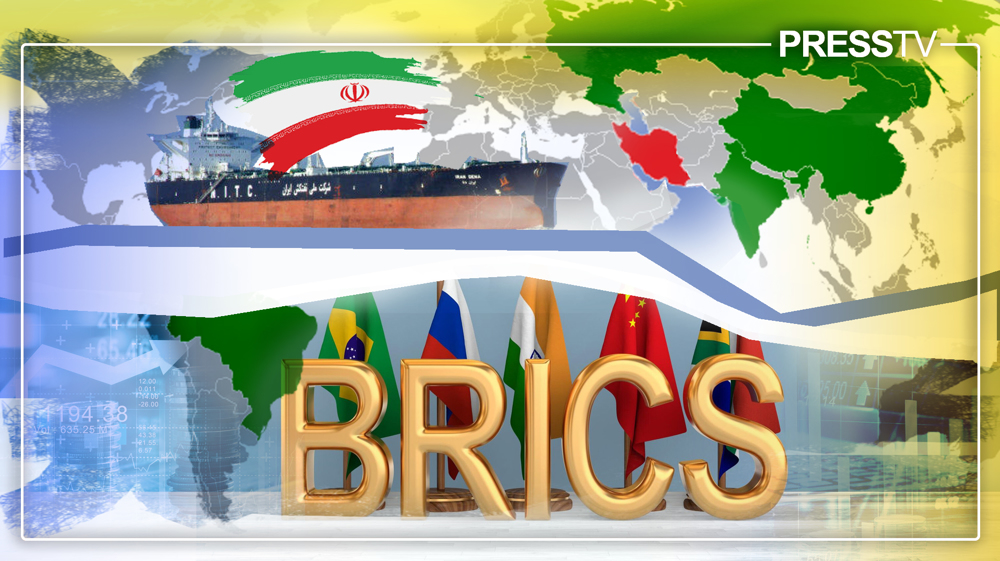
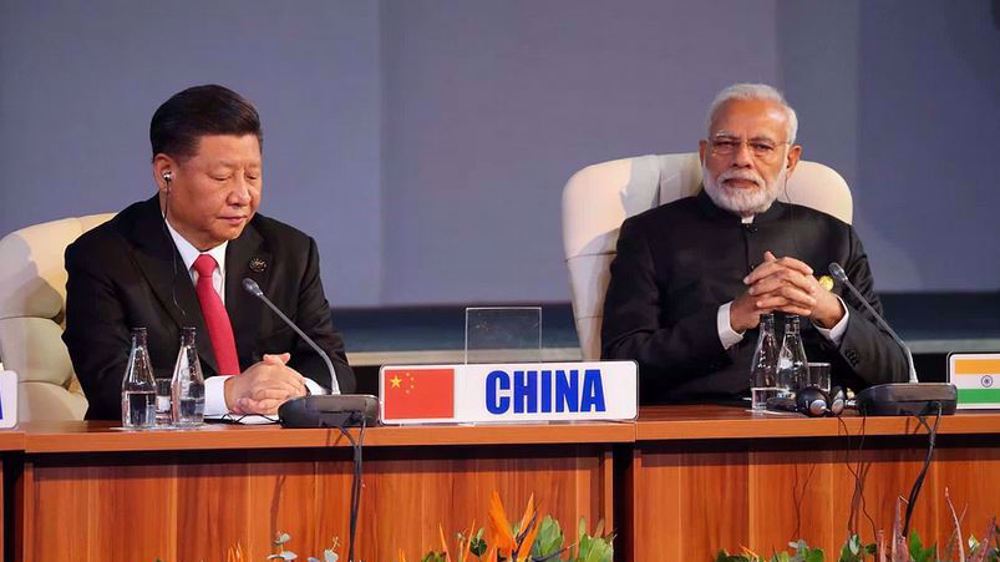
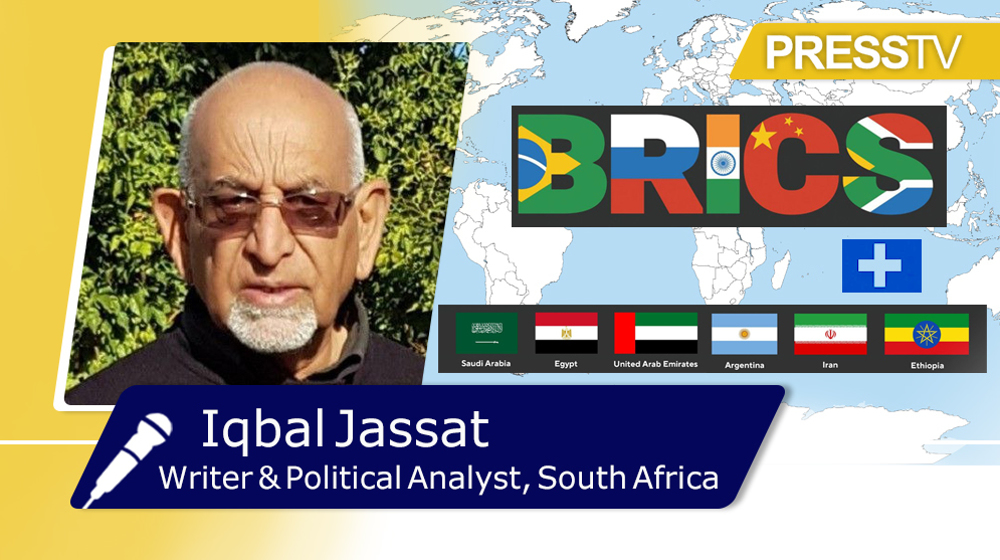

 This makes it easy to access the Press TV website
This makes it easy to access the Press TV website